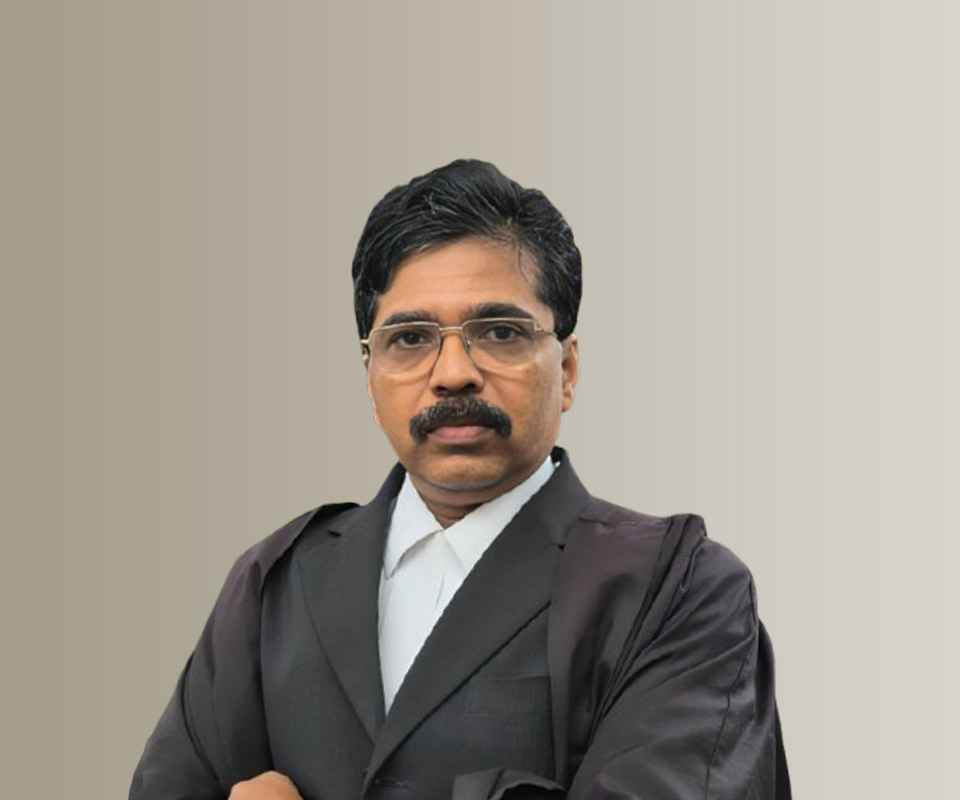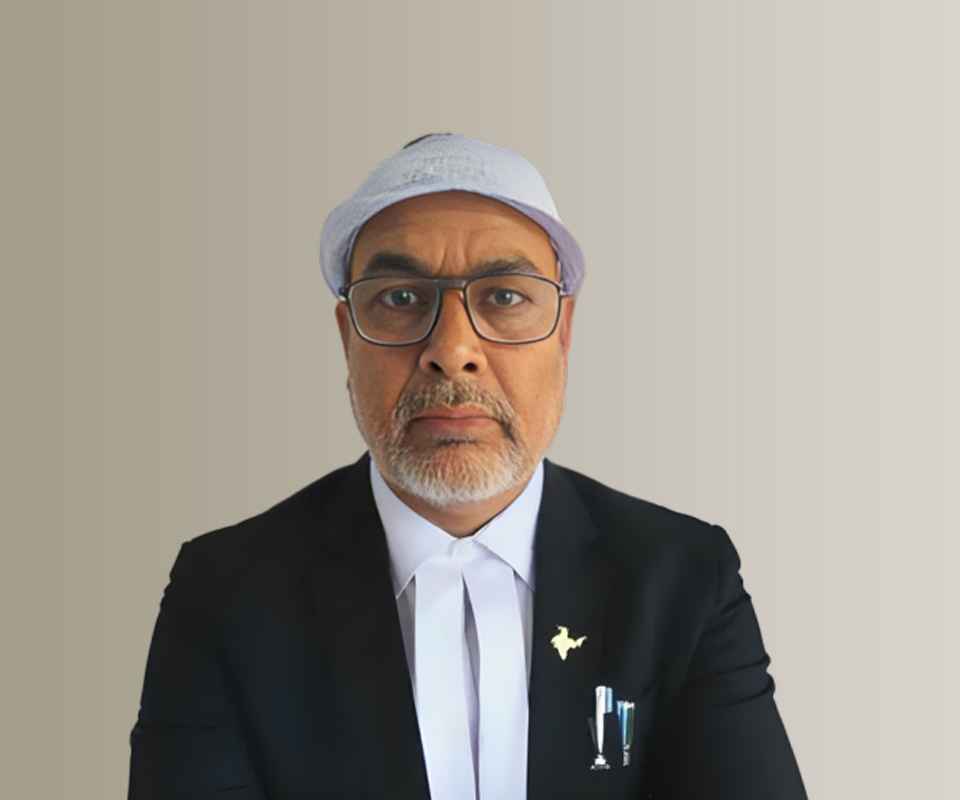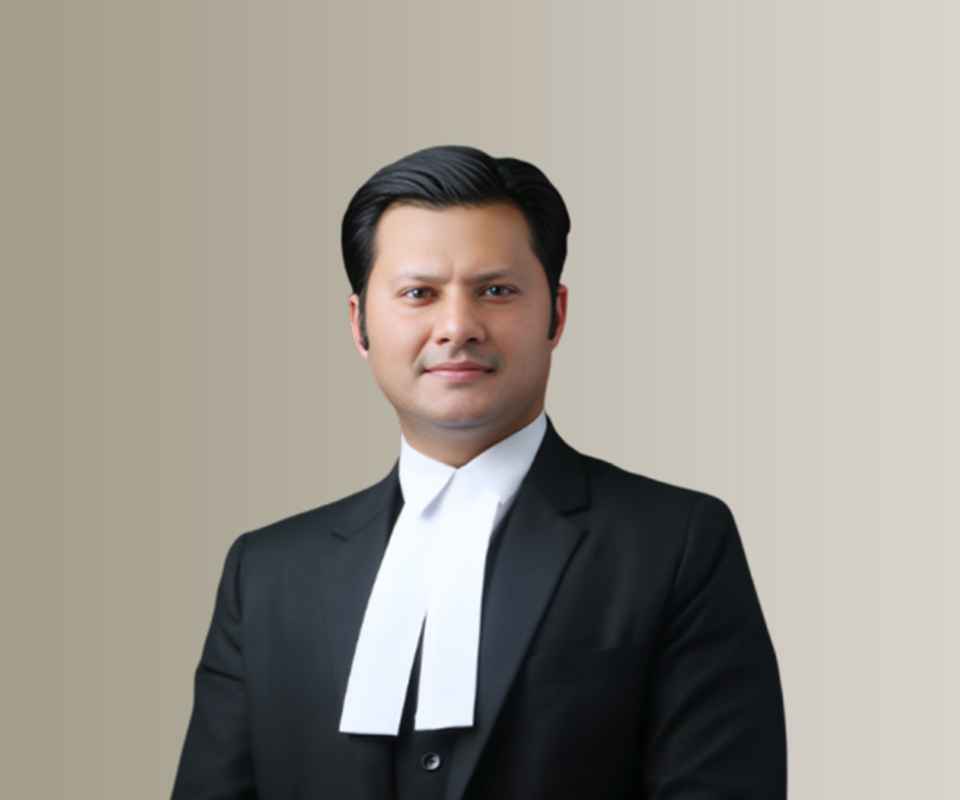Answer By law4u team
Inter-caste marriages in India, where individuals from different castes marry each other, can face several legal and societal challenges, despite being legally permissible under Indian law. These challenges arise from entrenched social norms, family opposition, caste discrimination, and legal formalities. The law provides certain protections, but couples entering inter-caste marriages must navigate these complexities carefully.
Legal Challenges Faced by Inter-Caste Marriages:
- Family Opposition:
- Social and Familial Resistance: The most common challenge faced by inter-caste couples is opposition from their families and communities, as caste-based social structures are deeply ingrained in many parts of India. This opposition may manifest as emotional blackmail, threats, or even violence.
- Legal Protection Against Threats: Under Indian Penal Code (IPC) sections such as Section 506 (criminal intimidation) and Section 294 (obscene acts), individuals can seek legal recourse if they face harassment or threats from family members or others in their communities for marrying outside their caste.
- Caste-Based Violence and Honour Killings:
- Honour Killings: In some cases, families disapprove of inter-caste marriages to such an extent that they resort to honour killings (murdering the couple or one partner to restore family honour). This is a grave violation of human rights and is punishable under Indian Penal Code (IPC) sections for murder (Section 302) and Section 120B (criminal conspiracy).
- Preventive Legal Measures: To prevent such acts, the Honour Killing (Prevention) Act and other legal measures can be invoked. The National Commission for Women (NCW) and various state commissions have also been actively involved in protecting inter-caste couples and offering them legal support.
- Marriage Registration:
- Special Marriage Act: Inter-caste couples can opt for registering their marriage under the Special Marriage Act, 1954 (SMA). This law allows individuals of different religions or castes to marry without adhering to caste-based customs and provides legal recognition to the marriage.
- Hindu Marriage Act: If the couple is Hindu, they can marry under the Hindu Marriage Act, 1955, provided that both individuals meet the criteria of the Act. However, if one party belongs to a different religion, this may not be applicable.
- Legal Formalities: Couples marrying under the Special Marriage Act need to give a 30-day public notice of their intended marriage, and if no objections are raised, the marriage is legally registered. This process ensures the marriage is officially recognized by the state, providing legal protection against societal opposition.
- Caste-Based Discrimination and Dowry:
- Caste-based Discrimination: Despite legal safeguards, caste-based discrimination persists in various forms, particularly in rural areas. In some cases, inter-caste marriages may lead to social ostracism, exclusion from community events, and denial of caste-based benefits.
- Dowry and Domestic Violence: In some inter-caste marriages, one party may face dowry demands or domestic violence related to caste differences. The Dowry Prohibition Act, 1961 and the Protection of Women from Domestic Violence Act, 2005 provide legal protections against dowry-related harassment and abuse.
- Inheritance and Property Rights:
- Inter-caste marriage may sometimes complicate inheritance rights, especially when family members challenge the legal validity of the marriage, questioning the rights of children born from the union. However, under Indian inheritance laws (such as the Hindu Succession Act), the marriage is legally valid, and the couple's children have equal inheritance rights, irrespective of caste.
- Will and Estate Planning: In some cases, families may attempt to disinherit children of inter-caste marriages. Couples can safeguard their rights by ensuring proper estate planning and creating a legally binding will.
- Legal Recourse and Protection:
- Protection from Harassment: Couples facing caste-based harassment can approach the police and file complaints under relevant sections of the IPC. They can also seek protection under the Protection of Women from Domestic Violence Act, 2005 if there are threats of violence or harassment.
- Court Protection: If a couple faces grave threats, they can approach the court for protective orders or even seek witness protection in extreme cases of caste violence.
Example
A couple from different castes wishes to marry but faces strong opposition from their families. They choose to marry under the Special Marriage Act to avoid caste-based rituals and ensure the legality of their union. After registration, they face social ostracism and threats from their families. The couple can seek legal protection from harassment through the police, and if violence is threatened, they can seek protection orders from the court.
Conclusion
While inter-caste marriages are legal in India, they often face significant social, familial, and legal challenges. Couples can legally marry under the Special Marriage Act to ensure their union is recognized, but they must also be prepared to navigate societal pressures and legal obstacles. It is crucial for inter-caste couples to be aware of their legal rights and seek protection under Indian law if they face discrimination or violence due to their marriage.







